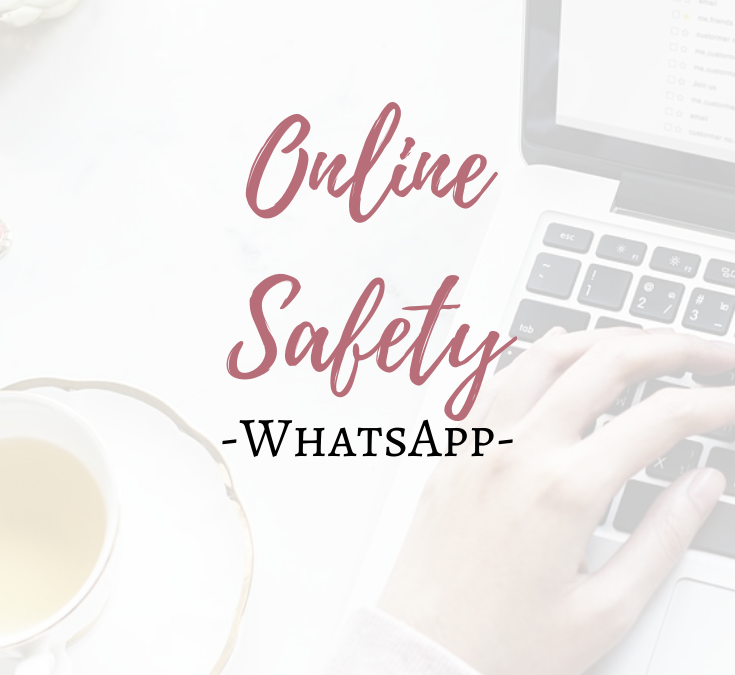In my previous blog post, I shared tips and tricks to increase your online safety on Google. In case you missed it, you can read it here.
As I mentioned in my previous blog posts, scammers only need a few key pieces of information in order to cheat you out of money or even your identity. By taking a few simple precautions on your online accounts, you can deter them.
In this post, we’re talking about WhatsApp.
WhatsApp is a handy application that allows for quick text messages, voice clips or sending small files back and forth. As with Facebook though (they actually own WhatsApp and Instagram), there have been security breaches. Protect yourself by following these few steps:
- Using your phone, open WhatsApp.
- Look for and click on the three dots in the top right, and select Settings.
- Click on Account and then Privacy.
- Review these options and make changes where you deem necessary.
I changed ‘Last seen’ to Nobody – my time is my business and no one needs to know what I’m doing or when I’m doing it.
Review your Profile Photo, About and Status and decide whether you want to change those to Nobody as well.
I strongly suggest changing Contacts to Nobody because the goal here is to keep your personal information from people you don’t know very well.
Take the time to review the other sections and subsections and make changes where you feel it’s best to do so.
Also, consider turning on the Two-Step Verification.
In Summary
I don’t know about you, but I felt MUCH safer after updating my settings on WhatsApp (and actually, all the other platforms as well).
I hope you’ve found this post helpful!

Book a free consultation call with me to see how I can further benefit you and your business.

